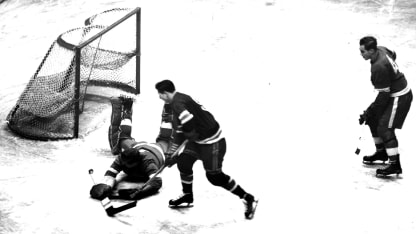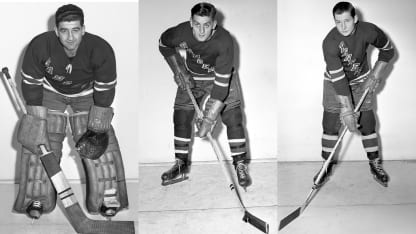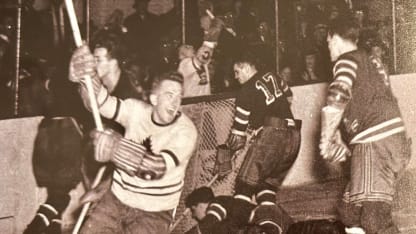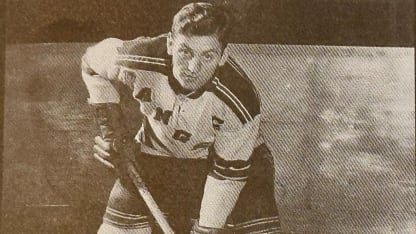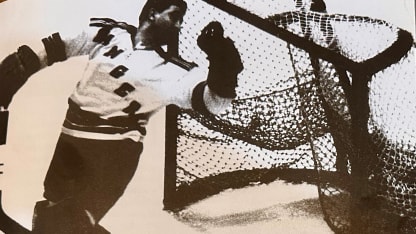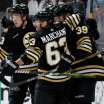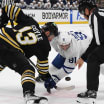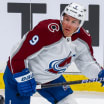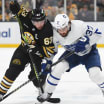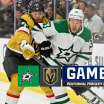Legendary hockey reporter Stan Fischler writes a weekly scrapbook for NHL.com. Fischler, known as "The Hockey Maven," shares his humor and insight with readers each Wednesday.
This week is a tale about an under-.500 Cinderella Rangers team that came within a half inch from winning the Stanley Cup for the fourth time in 1950. A mistaken last-second face-off change finally doomed their championship challenge.
The Rangers had no business being considered a Stanley Cup contender in the spring of 1950. Coached by Lynn Patrick, they barely squeezed into a Stanley Cup Playoff berth and finished the regular season an unimpressive 28-31-11.
No less intimidating was the fact that their first-round foe, the Montreal Canadiens, was paced by legendary scorer Maurice "Rocket" Richard and goalie Bill Durnan, who entered the opening round with six Vezina Trophies to his credit.
In a desperate move to contain the explosive Richard, Patrick assigned a Finland-born left wing, Pentti Lund, the thankless job. Nobody expected Lund to shut down the Rocket nor for New York to win the series.
"But suddenly everything broke right for us," Lund said, "and especially for me. The only goal Richard scored over the five-game series came on their power play when I was on the bench. Otherwise, Rocket went 0-for-5 with me checking him and I scored five goals against Durnan."
